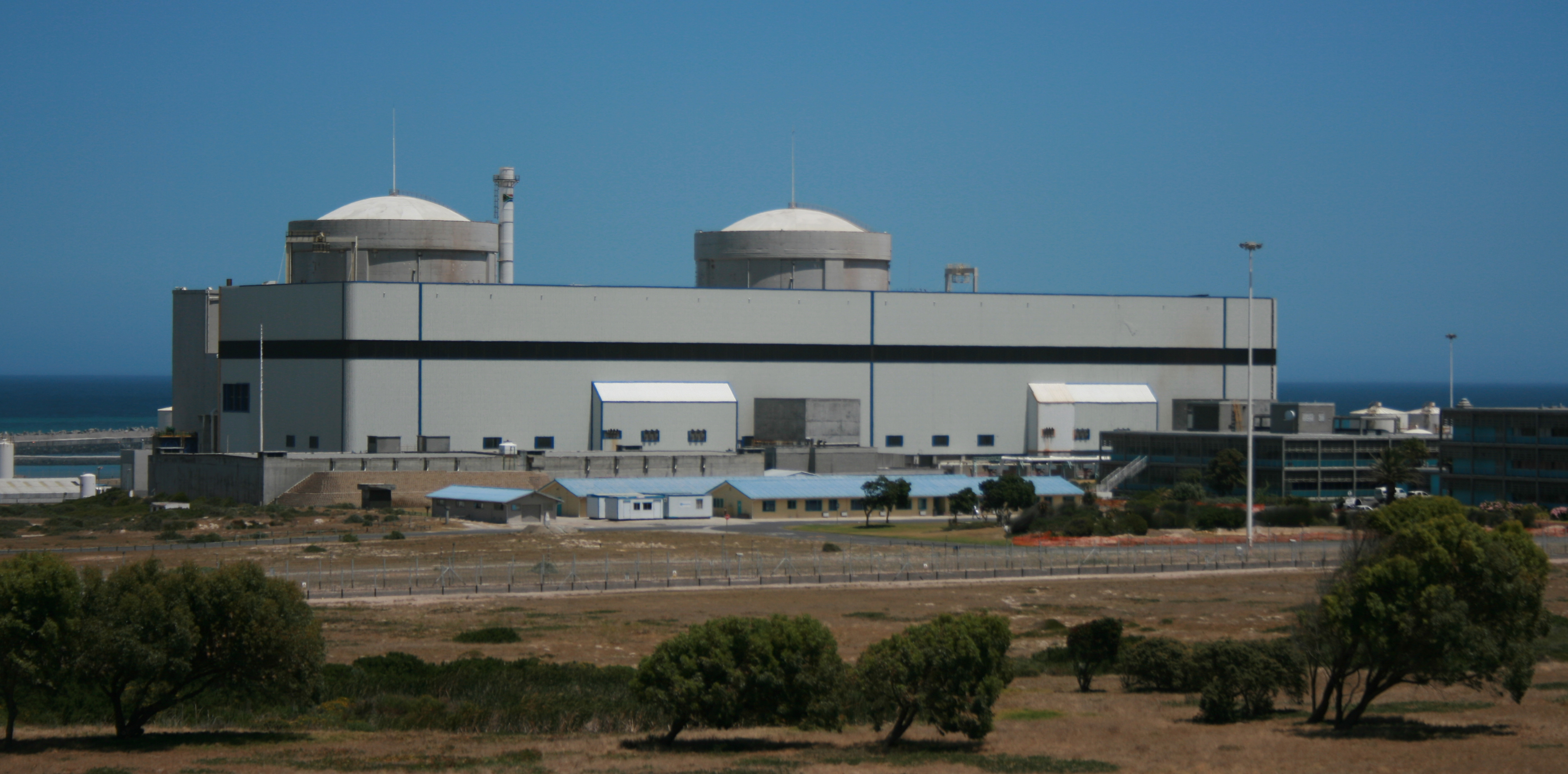Eskom was not entitled to introduce
new tender criteria at the 11th hour in its decision to award a R5bn
tender to replace six steam generators at its Koeberg nuclear plant,
said counsel for the losing bidder in the Supreme Court of Appeal on
Monday.
Although Koeberg only contributes 5% (1,960MW) to Eskom’s overall electricity supply, it is South Africa’s only nuclear power station and is considered crucial in the government’s long-term nuclear plans.
In March, Toshiba subsidiary Westinghouse lost its High Court challenge of the tendering process and Monday argued its appeal before the appeal court.
 In a two-horse race between Westinghouse and France’s
Areva, Eskom awarded the tender to Areva owing to "strategic
considerations" and because, in its schedule for completion, Areva
detailed how it could give a three-month margin for error (a "float") in
its build.
In a two-horse race between Westinghouse and France’s
Areva, Eskom awarded the tender to Areva owing to "strategic
considerations" and because, in its schedule for completion, Areva
detailed how it could give a three-month margin for error (a "float") in
its build.
Strategic considerations included that Areva was the original manufacturer of the Koeberg equipment and had more experience than Westinghouse. But Westinghouse argued that these were not part of the original bid criteria.
Westinghouse counsel Jeremy Gauntlett SC said Eskom did not have the power in law to "add these cherries to the cake", because the bid criteria set out strictly what Eskom was entitled to look at.
"The cake was prescribed in law," he said. Before an appeal court bench of five, he added that, even if the court were to decide that Eskom could look at the strategic considerations, it had to be done fairly; not "hugger-mugger".
Counsel for Eskom, Vincent Maleka SC argued that faced with two bidders who could do the job, there was nothing "so irrational or misplaced" in Eskom deciding that the float could "tip the balance".
Bidders had been informed of the strategic considerations during the negotiation, he said. There was "no question of unfairness" to Westinghouse.
Areva’s counsel, Peter Hodes SC, said the strategic considerations were part of the tender requirements from the start. There was "no magic" to the phrase.
It was "not for the Gauntletts or other great barristers of this world" to suggest Areva had "smuggled in" the float requirement, when the bid committee had all along emphasised the importance of the completion schedule.
Judgment was reserved.
Although Koeberg only contributes 5% (1,960MW) to Eskom’s overall electricity supply, it is South Africa’s only nuclear power station and is considered crucial in the government’s long-term nuclear plans.
In March, Toshiba subsidiary Westinghouse lost its High Court challenge of the tendering process and Monday argued its appeal before the appeal court.

Strategic considerations included that Areva was the original manufacturer of the Koeberg equipment and had more experience than Westinghouse. But Westinghouse argued that these were not part of the original bid criteria.
Westinghouse counsel Jeremy Gauntlett SC said Eskom did not have the power in law to "add these cherries to the cake", because the bid criteria set out strictly what Eskom was entitled to look at.
"The cake was prescribed in law," he said. Before an appeal court bench of five, he added that, even if the court were to decide that Eskom could look at the strategic considerations, it had to be done fairly; not "hugger-mugger".
Counsel for Eskom, Vincent Maleka SC argued that faced with two bidders who could do the job, there was nothing "so irrational or misplaced" in Eskom deciding that the float could "tip the balance".
Bidders had been informed of the strategic considerations during the negotiation, he said. There was "no question of unfairness" to Westinghouse.
Areva’s counsel, Peter Hodes SC, said the strategic considerations were part of the tender requirements from the start. There was "no magic" to the phrase.
It was "not for the Gauntletts or other great barristers of this world" to suggest Areva had "smuggled in" the float requirement, when the bid committee had all along emphasised the importance of the completion schedule.
Judgment was reserved.










No comments:
Post a Comment